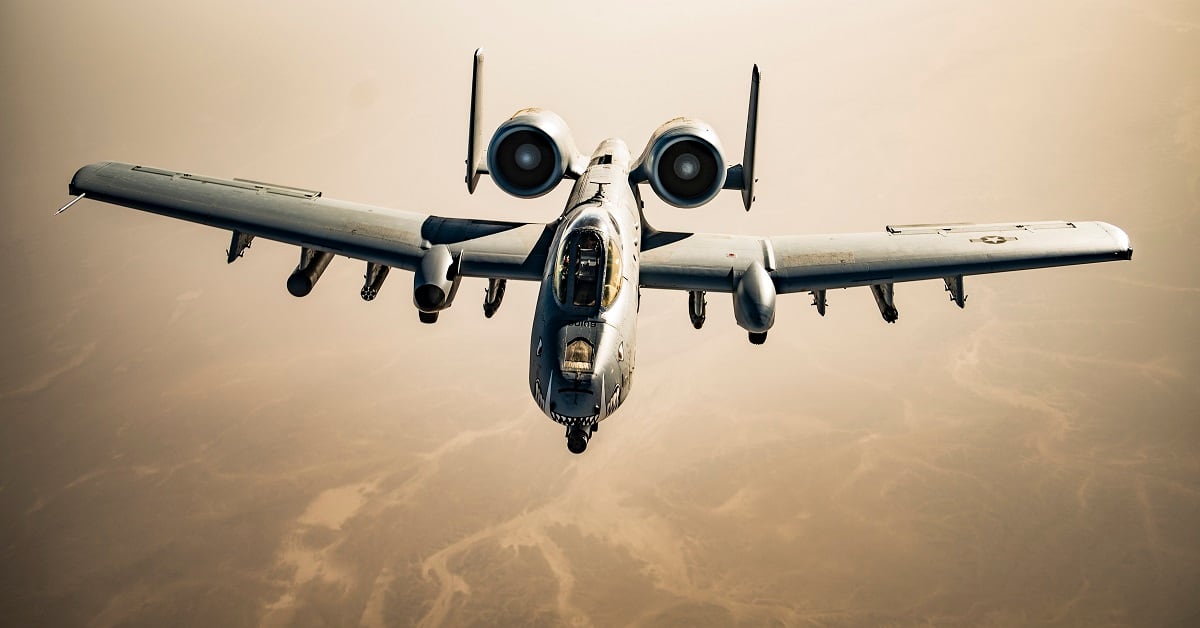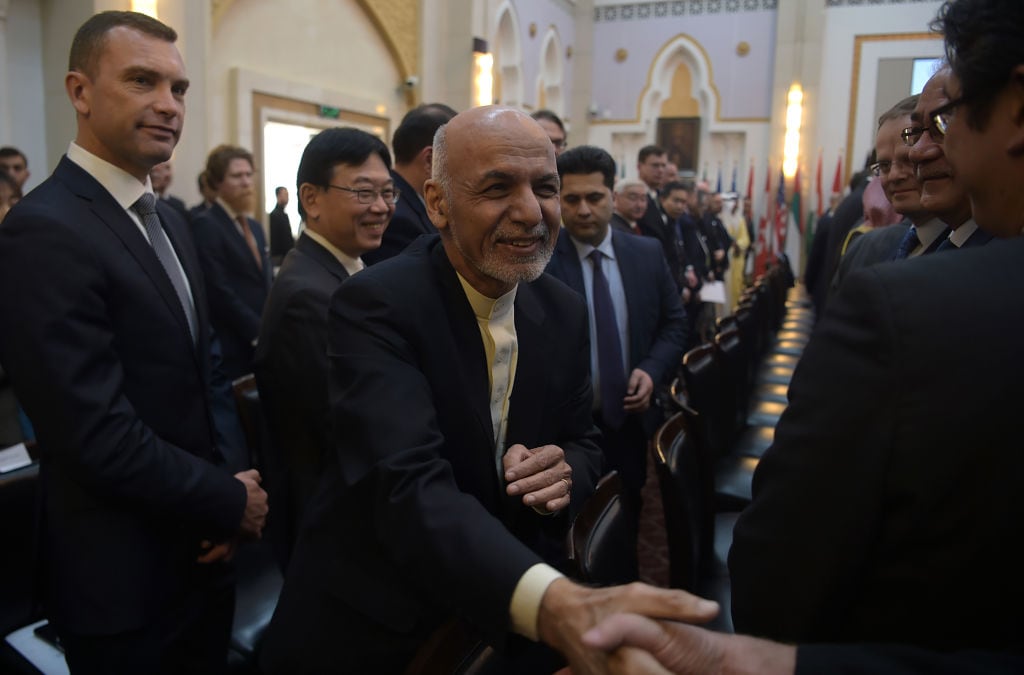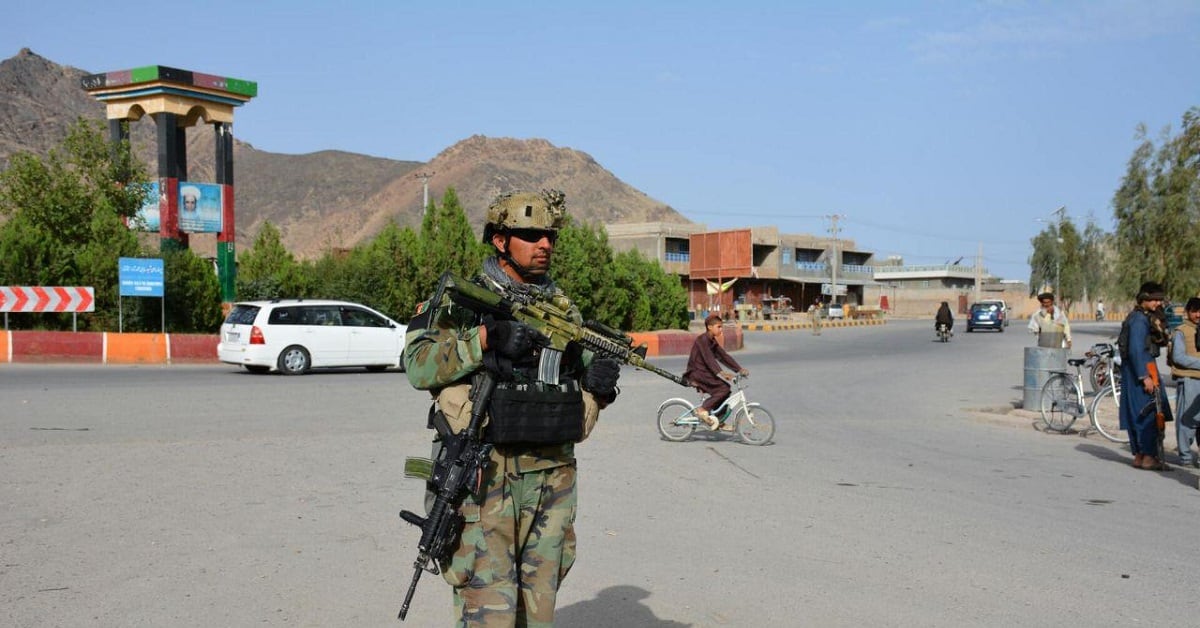Correction: An earlier version of this article stated that the Taliban had offered amnesty to all Afghan government forces. This was incorrect. The amnesty was offered to those who abandon Afghanistan’s NATO-backed government.
The Taliban announced Friday that they intend to focus their attacks on Americans and their foreign allies, rather than Afghan government forces — so long as they abandon their ranks.
“The main focus of Mujahideen attacks ... are the Americans and their foreign allies,” according to the statement posted on Voice of Jihad, the Taliban’s propaganda website.
The statement comes on the heels of an unsuccessful bid by the insurgent group to take the city of Farah in the western part of the country.
Due to the high number of casualties allegedly suffered by Afghan security forces across the war-torn country, the Taliban say they are offering “a general amnesty to all military formations, national army, national police, local police and all employees of the regime to safeguard their lives and wealth.”
On Tuesday, Taliban fighters launched an offensive against the western Afghan city of Farah. Despite claiming the assault was a success, the insurgents were repelled by Afghan security forces, backed by a mix of U.S. and Afghan Air Force airstrikes.
“The Afghan government remains in control of Farah city, which remains quiet,” Army Lt. Col. Martin O’Donnell, a U.S. forces in Afghanistan spokesman, told Military Times.
After being repelled, Taliban spokesman Zabihulla Mujahid claimed over social media that their forces took over most regime compounds inside the city and intentionally withdrew after achieving all their objectives.
RELATED

O’Donnell said that U.S. advisers were present at the corps-level for Afghan forces, as well as advising the elite Afghan commandos.
Additionally, “an Expeditionary Advisory Package arrived yesterday [Thursday] and Security Force Assistance Brigade [SFAB] advisers arrived Tuesday,” O’Donnell said.
The SFAB is a new Army unit that advises partner forces at the brigade, and, if necessary, battalion levels.
Another emerging capability of the Afghan forces displayed during the defense of Farah city were Afghan tactical air controllers, or ATACs, which are a partner force version of American joint terminal attack controllers, or JTACs.
Over the past few days, the ATACs called in airstrikes from Afghan Air Force A-29 Super Tucano aircraft, as well as Mi-17 helicopters.
“Of note, A-29s conducted 20 hours of support to the Afghan-led offensive,” O’Donnell said. “In addition, this was the first time A-29s, flying from both Kabul and Mazar-e Sharif, conducted strikes, returned to those locations, rearmed and refueled [by Afghan Air Force maintainers], and then returned to Farah city to strike again.”
That sort of continuous mission planning “speaks to the growing capabilities of the Afghan Air Force, who are working us out of a job,” he added.
While American JTACs were also in the area to coordinate U.S. aircraft, the Afghan Air Force conducted the majority of the strikes, according to the U.S. forces spokesman.
Despite the failure, the Taliban maintained that their recently announced spring offensive will go on, but will focus on the Americans and their allies — likely meaning NATO forces. The Taliban said that when Afghan forces do come under fire, it’s because they are “protecting the foreign invaders and the corrupt regime which they have installed.”
"These security forces, however, are our own countrymen who have joined the ranks of America due to misguidance or other reasons," the statement said. "In case you do leave the enemy ranks ... the mujahideen of Islamic Emirate shall use every means at their disposal to try and ease your life."
RELATED

Kyle Rempfer was an editor and reporter who has covered combat operations, criminal cases, foreign military assistance and training accidents. Before entering journalism, Kyle served in U.S. Air Force Special Tactics and deployed in 2014 to Paktika Province, Afghanistan, and Baghdad, Iraq.




